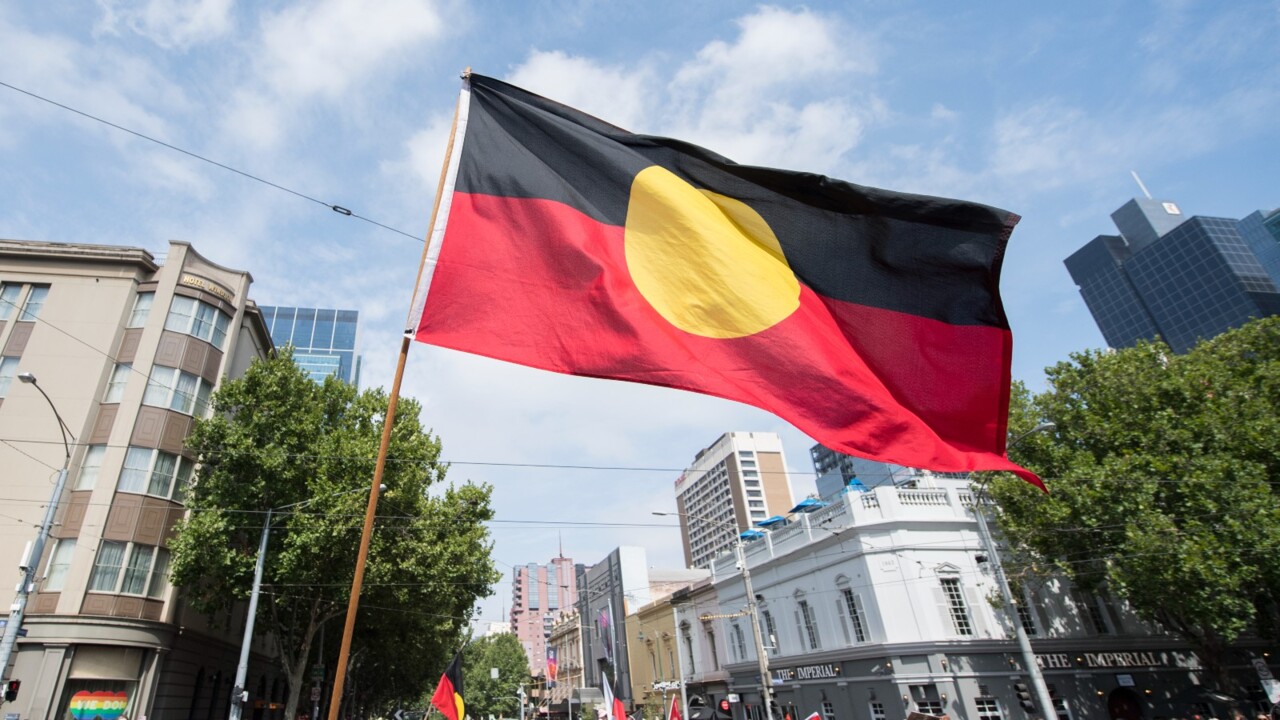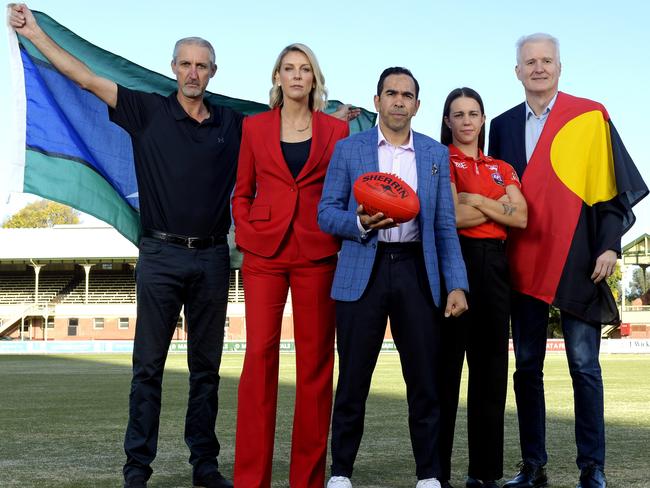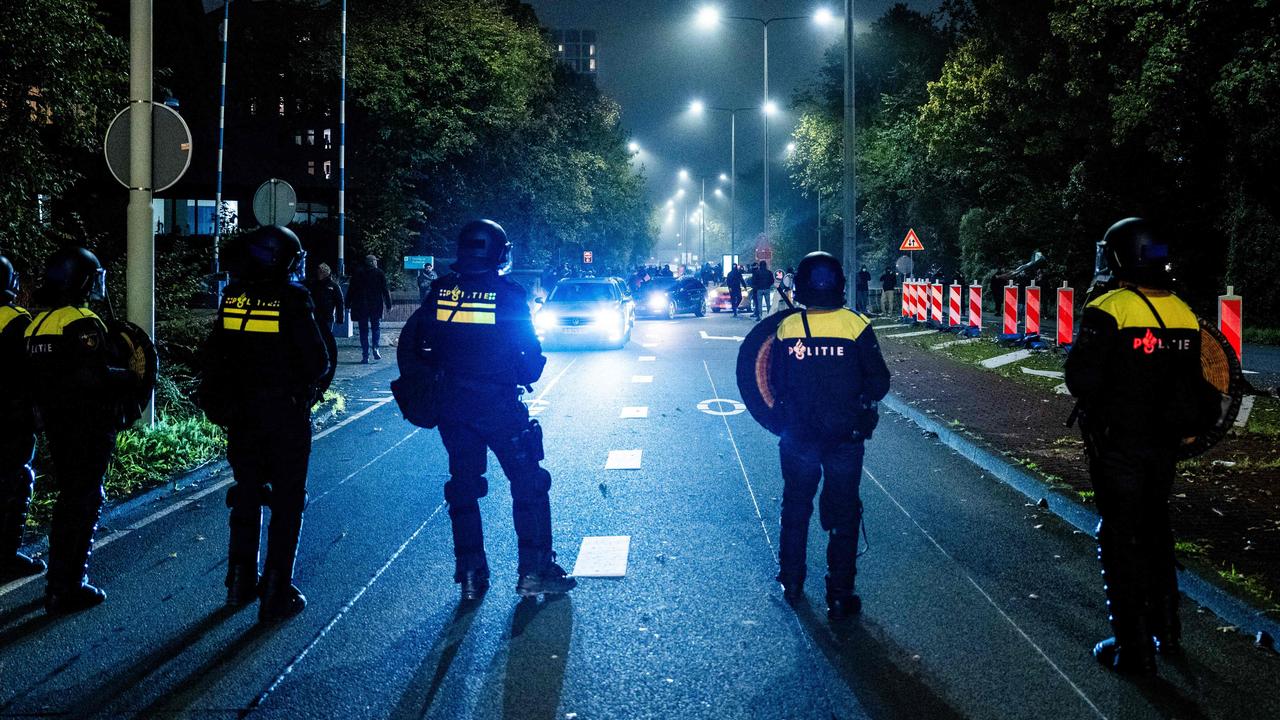Rita Panahi: The slide in support for the so-called Voice to Parliament has been rather dramatic
The Yes vote has fallen below the No vote – and it seems Australians are not going to be guilted or bullied into enshrining racial privilege into the Constitution.

Opinion
Don't miss out on the headlines from Opinion. Followed categories will be added to My News.
The good news is the Yes vote in the race-based referendum is floundering.
The bad news is that state governments are implementing treaties that will cost taxpayers billions and create further racial division and costly bureaucracies that will do nothing to close the gap.
For the first time since the so-called Voice to Parliament was declared a key priority of the Labor government, the Yes vote has fallen below the No vote.

The slide has been rather dramatic, plummeting from 63 per cent in August to 49 per cent in the latest survey for Nine media.
By comparison the No vote has soared from 37 per cent to 51 per cent despite the uneven playing field that has big corporates, sporting bodies, academia and celebrities backing the Yes vote.
But it seems Australians are not going to be guilted or bullied into enshrining racial privilege into the Constitution.

It’s little wonder that support for the Voice is weakest in states like Queensland and WA where they are getting a taste of what this agenda entails.
In WA, landholders will have to abide by new laws under the Aboriginal Cultural Heritage Act from July 1. The Act “recognises the special interest Aboriginal people have in protecting, conserving, preserving and managing Aboriginal cultural heritage”.
That’s a new bureaucratic nightmare created for many landowners planning to undertake improvements on their own land. Landowners will have to engage with the Local Aboriginal Cultural Services, with the Aboriginal Cultural Heritage Council ultimately deciding whether the work can go ahead.
And, we are not just talking about large developments here but something as small as a fence. Even The National Indigenous Times acknowledges the problems the new laws will cause.
“The new legislation demands landowners obtain permits before undertaking acts such as digging fences and planting trees on properties more than 1100sq m,” explained the NIT.
More than 1100sq m is just over a quarter of an acre or what was once the standard suburban block.
Meanwhile, in Queensland we have learnt that treaties between Indigenous communities and the state government are likely to cost hundreds of millions of dollars apiece and there may be as many as 150 of them entered into. No wonder the Yes vote is collapsing.
Rita Panahi is a Herald Sun columnist
More Coverage
Originally published as Rita Panahi: The slide in support for the so-called Voice to Parliament has been rather dramatic





